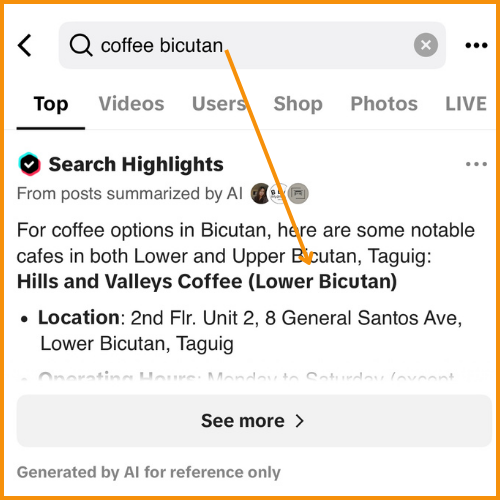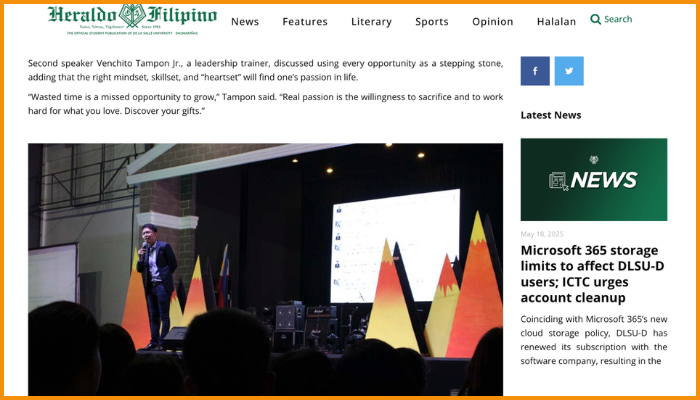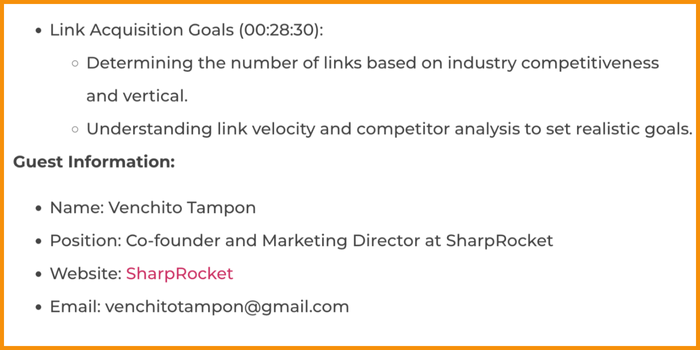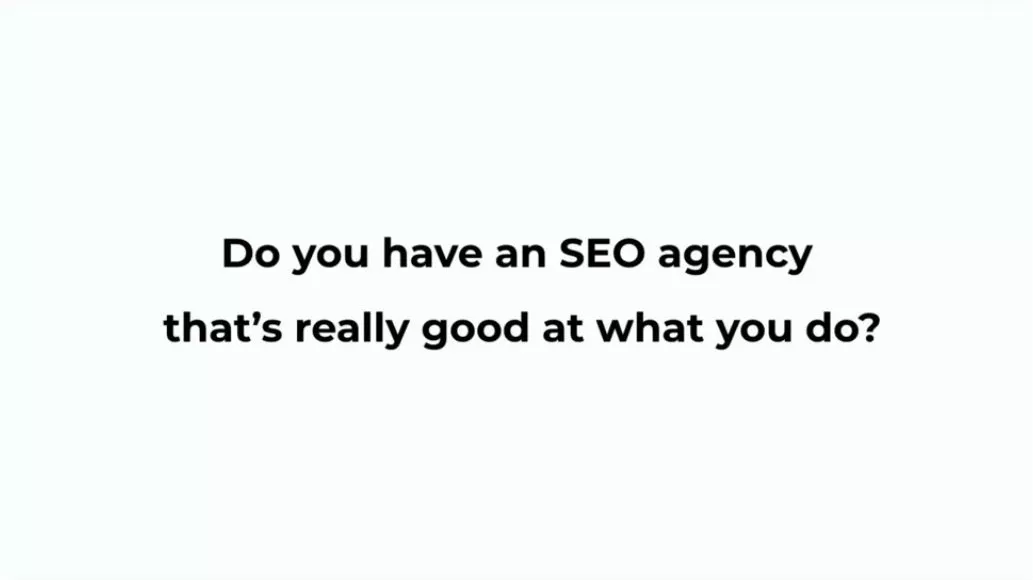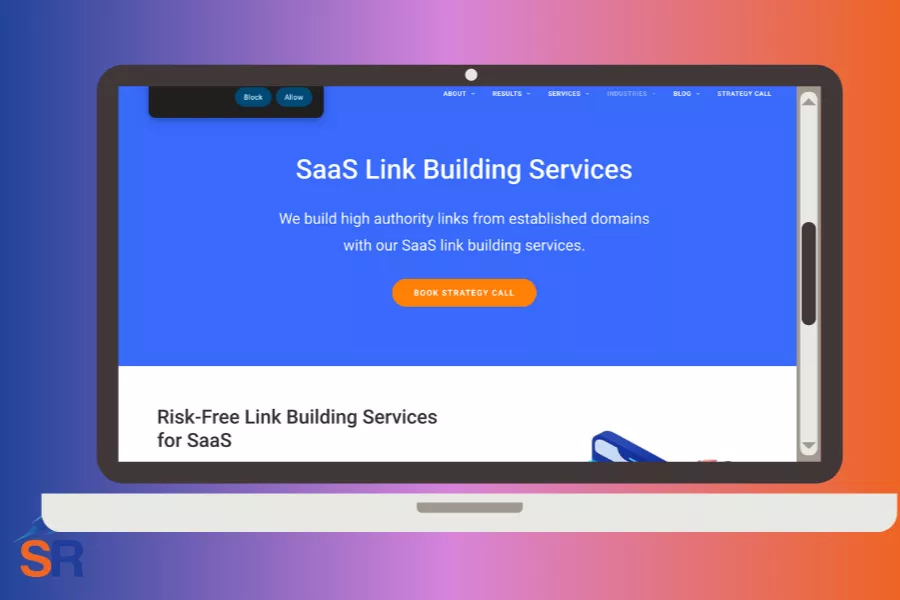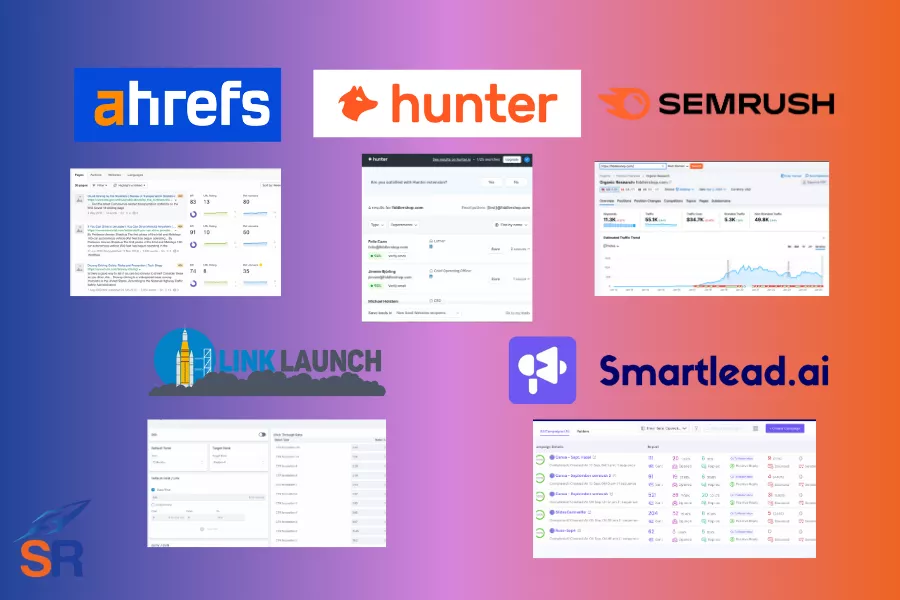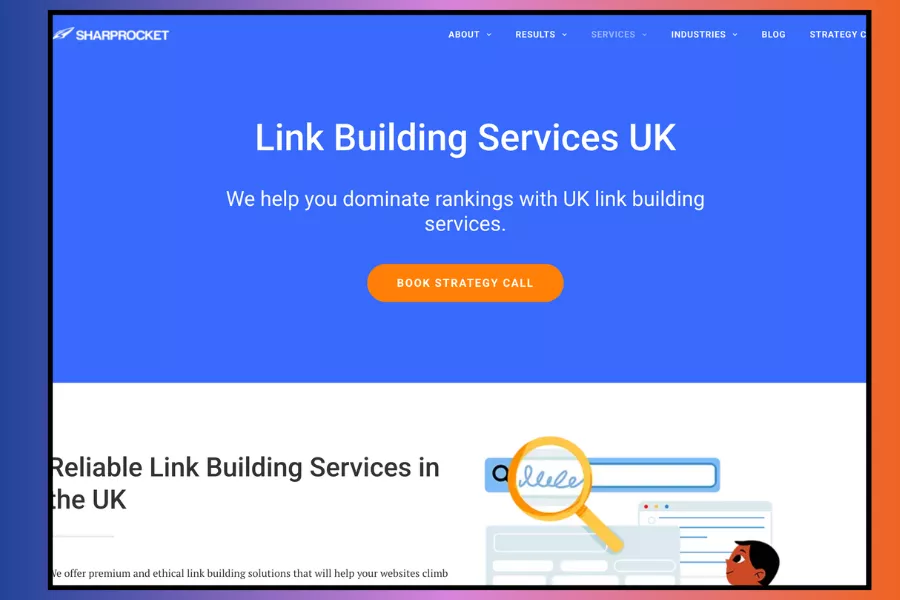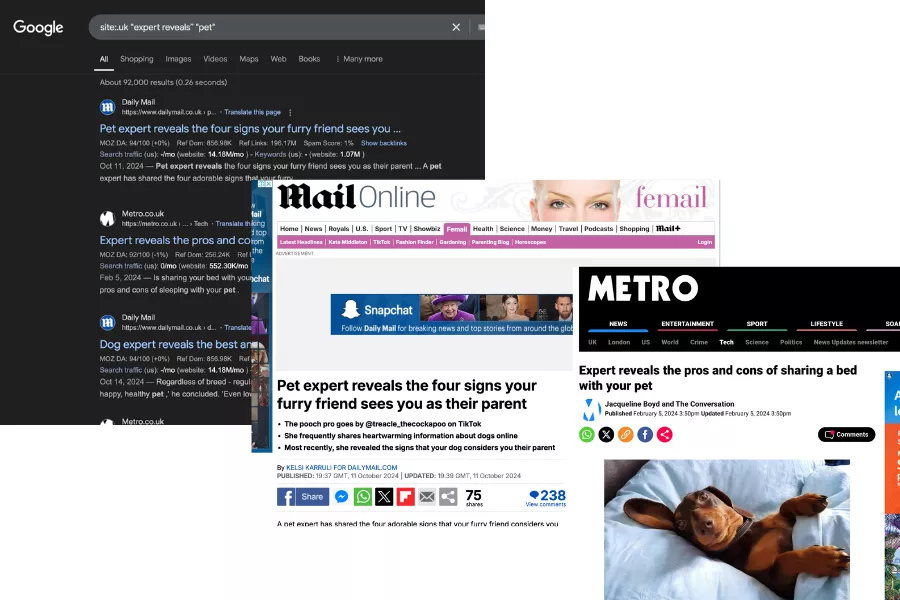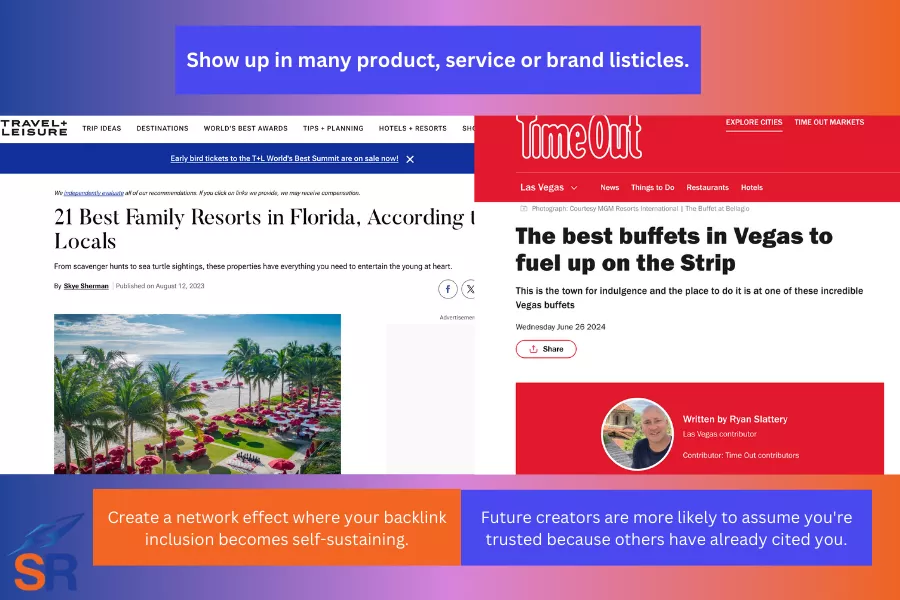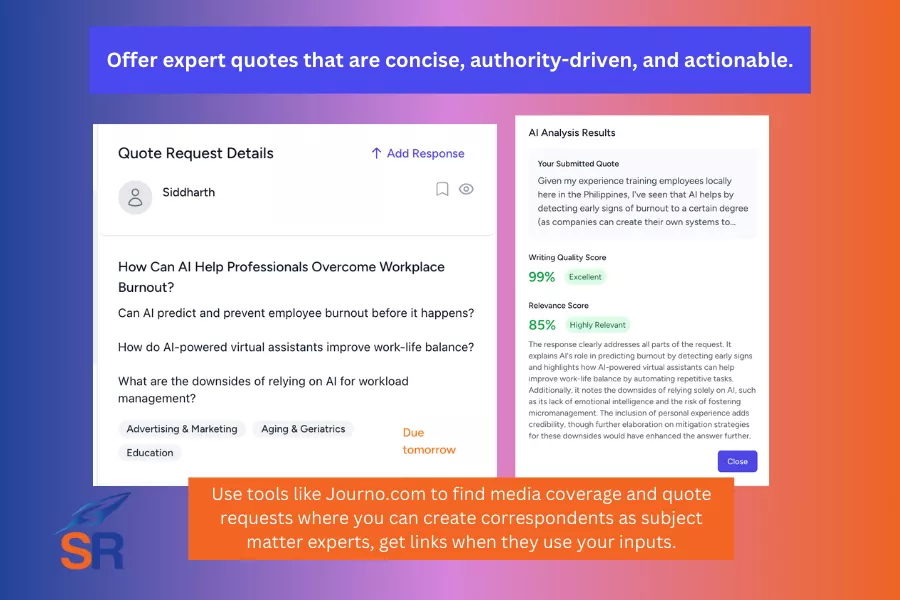Links that drive brand visibility are becoming more valuable these days, as they can help impact the business objectives of gaining customer trust and increasing demand for products/services — which actually goes beyond what SEO specialists build links for – to help websites rank for traditional search results.
And there’s one undisputed marketing channel that can best amplify the visibility of the product or content: social media.
Integrating social media with link building efforts can take your campaign’s digital marketing campaign to the next level – in so many ways, such as:
- Increases branded and navigational searches – amplified content will increase curiosity among social media users, leading them to actual traditional searches for the brand, product, or content.
- Captures bigger real estate SERPs for many commercial keywords, which display both organic search results and results from social media.
- Defends the brand position against competitors as there will be more eyeballs on search and social media – creating a strong brand mindshare for target customers.
- Builds more topical context for users about what your brand truly represents through social media signals – making it easier for search engines to better understand the relevance of your brand to certain topics.
- Generates new customers from strengthening social media presence and from turning organic search visitors into social media followers (and vice versa).
- Improves pages’ search performance as there will be increasing branded searches for the website (which is considered a strong ranking signal these days).
There are a couple of strategies to truly integrate social media and link building, making it possible for any business to thrive in both channels of SEO and social media.
Here are proven strategies for social media link building:
Contents
ToggleInfluencer Marketing
Leveraging the power of key influencers in your industry is a strategic approach to associate your brand with well-established personalities who have a substantial social following and can help amplify the reach of your existing and future content assets.
The best part of Influencer marketing is that it can greatly assist the promotion side of content, which can become an alternative to standard link building outreach (the process of reaching out to webmasters and publishers to editorially include content in their existing or future articles).
Links from influencer marketing are within the social media ecosystem (i.e., backlinks on social media networks like Facebook, Instagram, TikTok, etc.) instead of the direct website backlinks we’re all accustomed to in SEO.
Social media backlinks may not be a ranking signal, but can indirectly improve the webpage’s position in Google’s SERPs through user engagement signals (shares, comments, and link clicks) – which also serve as secondary indicators of content relevance and popularity.
Start by looking for social influencers using different methods:
- Simple search on relevant accounts on social platforms (i.e., quick keyword search on TikTok – “coffee [location]”.
- Automate discovery through tools like Buzzsumo and Sparktoro.
- Check accounts with substantial social following sharing similar content pieces or other related content of competitors.
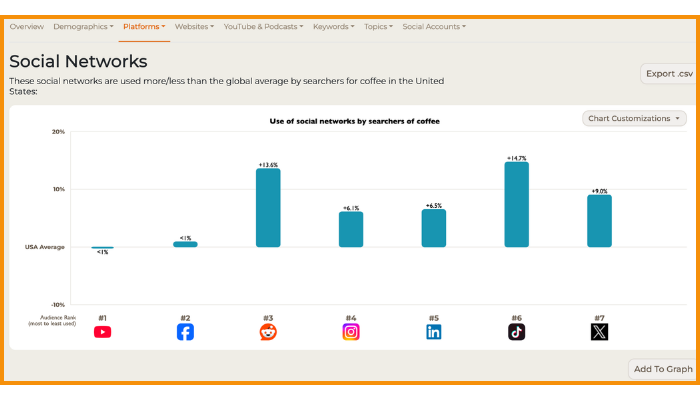
Think of ways where you can add value to influencers – here are some tactics you can try:
- Brand deals and partnerships where you incentivize their efforts to promote your product or content.
- Additional exposure to grow their social following and increase networks for potential business opportunities.
- Exclusive access to premium content or tools, either by giving it early before launch or lifetime access.
- Custom co-branded content to enhance their existing content assets and help others serve audiences with other learning styles (i.e., interactive image content).
- Affiliate or referral incentives by offering a custom referral code to reward them for purchases they help your brand generate.
- Credibility through association by inviting them as guests for podcasts or webinars, especially if you have larger leverage for resources (i.e., email lists, networks, etc).
For a couple of weeks, we’ve tested an influencer marketing campaign (and are still continuing it) for our coffee brand. We chose TikTok influencers with more than 10K+ followers (also known in the social media marketing realm as “micro-influencers”).
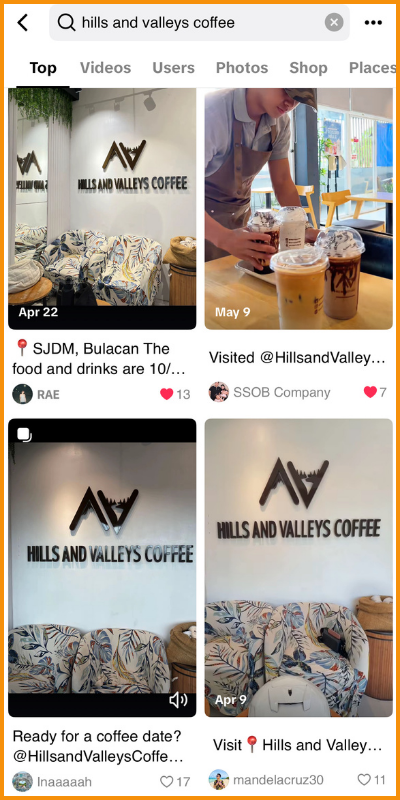
Our best approach is to offer straight-off freebies and brand deals, immediately rewarding the influencers.
Given that once they benefit from the influencer marketing campaign, it would be much easier for us to collaborate with them for co-marketing efforts in the future, which can affect both our social media accounts and website’s SEO.
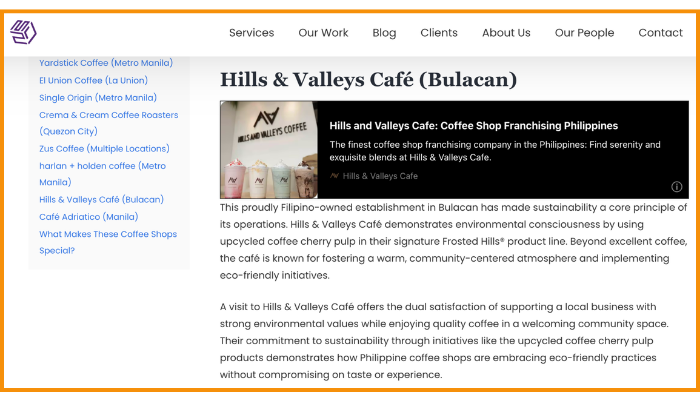
You can take the conversations further for more co-marketing opportunities that will result in backlinks for your website, by:
- Asking influencers to take surveys that you can turn into linkable assets like industry reports, then leveraging influencers’ collaboration to promote the actual content, helping it earn natural links from industry publishers and content creators.
- Using their interesting customer stories as social proof, which you can leverage as testimonials or case studies when pitching to media, bloggers, podcast hosts, and other digital PR campaigns.
- Prioritizing influencers who run their blogs or are contributors to niche publications where they can link to your website through product reviews, new product launches, or event recaps (all digital PR efforts).
- Creating co-branded downloadable resources where both parties can co-promote and host the resource on their websites.
With more influencer partnerships, you will start seeing results, including your brand showing up in social media searches for industry-related terms.
Target “Conversation Drivers”
Targeting the audience with the major voice in sharing insights, personal opinions, knowledge, and experience will increase the likelihood of amplifying your content – given the audience’s credibility and reach.
Immerse yourself in the industry and observe who actively shares content on social media platforms.
Sparktoro can provide insights into the top social networks where your target users usually hang out.
The tool also features specific subreddits where industry searchers are subscribed.
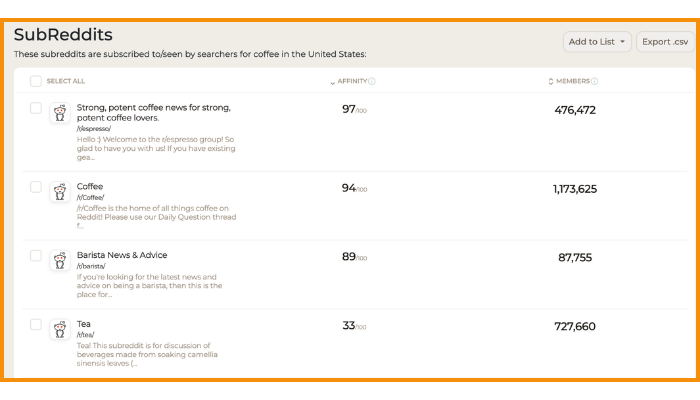
Here are a couple of factors to help you identify the most vocal audience:
- Which group of people asks the most questions?
- Who tends to share and comment more often on posts shared in your industry?
- Which individuals or communities are quick to engage with controversial takes?
- Which professionals (especially for technical industries) are often cited or tagged in social conversations within your vertical?
- Where are industry conversations happening outside the mainstream – on speaking events, Notion templates, or newsletters?
Identify the conversation drivers in your space—those whose endorsement and engagement can lead to secondary amplification of your content. Their audience could potentially be influencers, content creators, and publishers, and any sources where you’re likely to get links for your website).
Create content that speaks to and aligns well with these conversational starters—either relate it to their line of work (e.g., financial advisors sharing the best investment advice) or to their societal purpose or mission (e.g., mental health advocates promoting wellness content).
Turn UGC into Customer Stories
User-generated content (UGC) is a rich source of authentic content that can be repurposed into full customer stories. It’s also one of the social proofs that can showcase your brand’s authenticity and expertise.
And it is much easier for you to generate UGC types of content effortlessly from customers organically sharing native content if you have an established brand authority.
Reach out to actual customers who have shared positive feedback, product experiences, or use-case snapshots – and turn them into customer stories.
Go beyond the usual product/service testimonials and ask questions to uncover pain points before finding solutions, and how your product/service has gotten them results.
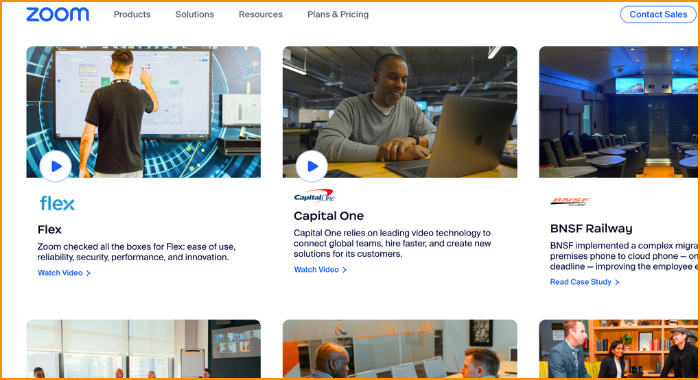

Now, here are ways customer stories can help acquire backlinks for your brand:
- Solicit links directly from customers, especially for B2B companies where customers are actual businesses – often willing to link to their customer story page from their own site and even share it across their social media channels.
- Leverage as proof of success in outreach emails – adding credibility to your pitch when reaching out to publishers, bloggers, and journalists.
- Use as linkable assets where stories may include data, results, or any transformation journey that can potentially be picked up by industry publications as references or examples.
- Use as examples for roundups, interviews, and sections for guest posts that publishers may want to link to or feature.
Social-Driven Digital PR
One effective way to leverage social media for link development is to get media coverage for your product, brand, or content. You can take advantage of the organic sharing that usually happens within the social ecosystem (“virality effect”).
Instead of going straight-up to link requests, you can create content assets with the intent to go viral to reach as many target audiences as possible (“mindshare”).
These will make it easy for you to naturally get inbound requests for digital PR opportunities – many of which would open more link opportunities.
Speaker Bios and Event Mentions
Publishing high-utility educational social media content consistently would help establish your personal brand as you showcase your expertise – allowing you to get speaking opportunities at webinars, conferences, or panels.
And these branded gigs often comes with a pre-event promotional page, or speaker bio hosted on the organizer’s website – usually linking to the speaker’s company website or about page.
News Coverage
Brand stories that showcase the who, what, why, and how of the organization you’re working for are common digital PR themes journalists want to cover in their write-ups.
You can also read our strategies on HARO link building and digital PR tips.
Podcast Features
One digital PR opportunity that strengthens brand authority is being a guest on podcasts. This increases visibility to your personal brand as a thought leader and to the brand you’re representing.
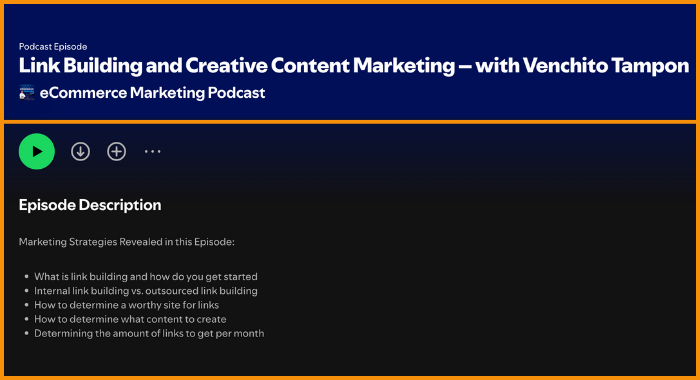
And with your appearance comes a homepage link to your website from show notes published on the hosting website.
Social Reach as Outreach Leverage
There are probably hundreds of thousands of outreach pitches sent out every week. We received dozens of requests, from link insertion to guest posts and straight-up link begging – and I’m sure many publishers experience the same thing.
This makes outreach campaigns more difficult, as editors and site owners are more selective about pitches that add the greatest value – beyond just content.
One thing you can leverage for outreach is your brand’s existing social media assets (the number of followers, engagement, and reach across the different social profiles you own).
It makes your outreach campaigns stand out among thousands of pitches, as you’re helping your link prospect get more visibility (which most brands and authors are looking for these days).
If you need help implementing a social media-driven link building strategy, our team can support you with tailored outreach and content amplification.
Written By
Venchito Tampon
CEO and Co-Founder at SharpRocket, a link building agency. With a decade of experience, Venchito has a proven track record of leading hundreds of successful SEO (link builidng) campaigns across competitive industries like finance, B2B, legal, and SaaS. His expert advice as a link building expert has been featured in renowned publications such as Semrush, Ahrefs, Huffington Post and Forbes. He is also an international SEO spoken and has delivered talks in SEO Zraz, Asia Pacific Affiliate Summit in Singapore, and Search Marketing Summit in Sydney, Australia. Check out his other business - Hills & Valleys Cafe.
Reviewed By

Sef Gojo Cruz
COO at SharpRocket, overseeing end-to-end operations, from crafting link building strategies to leading high-performing teams. Previously led SEO initiatives at Workhouse, a digital agency in Australia, and Keymedia, a real estate media company based in New Zealand.
How our LINK BUILDING AGENCY in UK builds 250 links/mo consistently using Predictable Link Building Methodology™…
- Using a SIMPLE and PROVEN system
- Using a SCALABLE strategy
- No private blog networks
- No creepy outreach emails
